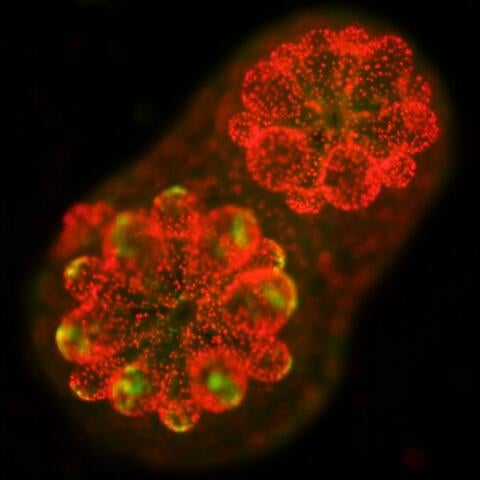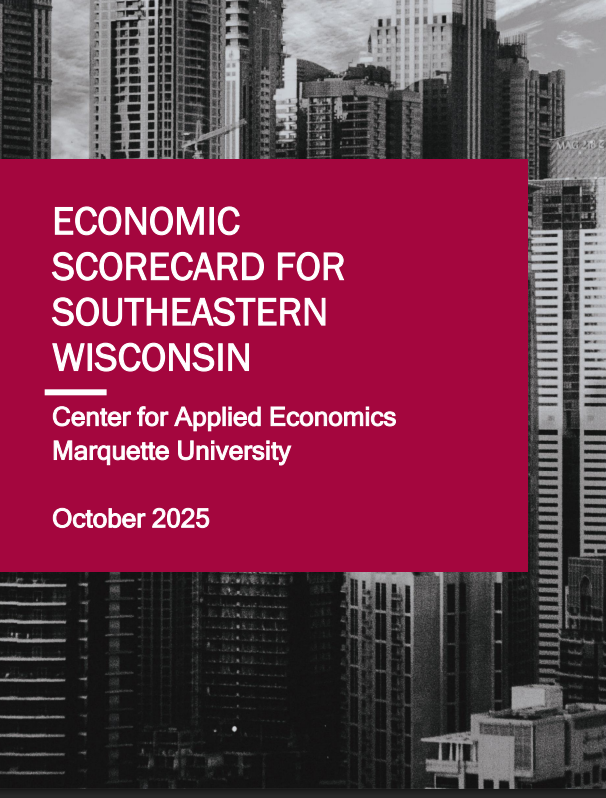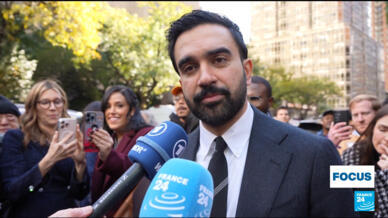Koreans will build a waste incineration plant in Odesa – what are the timelines – 112.ua
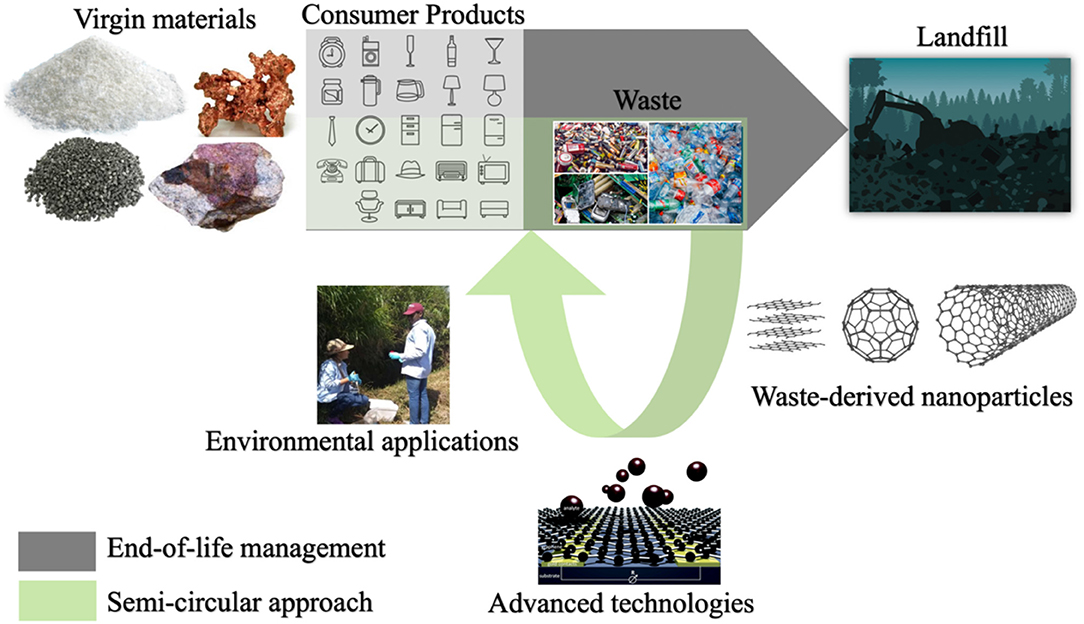
Report on the Development of a Waste-to-Energy Facility in Odesa
Project Overview and Strategic Importance
An agreement has been formalized between Ukraine and the Republic of Korea to facilitate the construction of a modern waste incineration plant in the city of Odesa. This initiative is one of 15 priority projects presented by Ukraine for international funding and is poised to significantly enhance the region’s environmental and energy landscape. The primary objectives of the facility are:
- To provide a technologically advanced solution for municipal waste disposal.
- To reduce the city’s dependency on traditional landfills, mitigating associated environmental hazards.
- To generate energy from waste, contributing to the local power grid and promoting energy security.
International Cooperation and Funding
The project’s financing will be secured through the Economic Development and Cooperation Fund (EDCF), an international development fund. The agreement, signed in Rome, underscores a commitment to global partnership for sustainable development.
Technological Implementation and Standards
A Memorandum of Cooperation has been signed with the South Korean company POSCO to ensure the project’s implementation. Following negotiations in Warsaw and Kyiv, it was established that the plant will be constructed utilizing state-of-the-art technologies and will adhere strictly to international safety and environmental standards.
Alignment with UN Sustainable Development Goals (SDGs)
The Odesa waste-to-energy project is strategically aligned with several key United Nations Sustainable Development Goals, demonstrating a comprehensive approach to urban sustainability.
- SDG 7: Affordable and Clean Energy
- The facility will contribute directly to this goal by generating electricity from a non-fossil fuel source, thereby increasing the share of renewable and green energy in the local energy mix.
- SDG 11: Sustainable Cities and Communities
- By implementing a modern waste management system, the project will improve the urban environment in Odesa, reduce land pollution from dumpsites, and enhance the overall quality of life for its residents.
- SDG 12: Responsible Consumption and Production
- The plant promotes sustainable production patterns by transforming waste into a valuable resource (energy), thereby contributing to a circular economy and reducing the environmental impact of waste.
- SDG 13: Climate Action
- The project will help mitigate climate change by capturing energy from waste that would otherwise decompose in landfills, releasing potent methane gas into the atmosphere.
- SDG 17: Partnerships for the Goals
- This initiative is a prime example of a global partnership, involving national governments (Ukraine and South Korea), an international financial institution (EDCF), and a private sector entity (POSCO) collaborating to achieve shared sustainability objectives.
Analysis of Sustainable Development Goals in the Article
1. Which SDGs are addressed or connected to the issues highlighted in the article?
-
SDG 7: Affordable and Clean Energy
- The article explicitly states that the waste incineration plant will “generate energy” and promote the “development of green energy,” directly connecting the project to the goal of increasing access to clean energy.
-
SDG 9: Industry, Innovation and Infrastructure
- The project involves the “construction of a modern waste incineration plant,” which is a significant piece of infrastructure. The plan to use the “latest technologies” and meet “international safety standards” aligns with the goal of building resilient, sustainable, and innovative infrastructure.
-
SDG 11: Sustainable Cities and Communities
- The primary purpose of the plant is to address urban waste management in Odesa. The article notes it will “significantly improve the ecological… situation in the city,” “dispose of waste,” and “reduc[e] the burden on landfills,” which are key components of making cities more sustainable.
-
SDG 17: Partnerships for the Goals
- The project is a result of international cooperation. The article highlights the “agreement” signed between “Ukraine and South Korea,” the involvement of the South Korean “POSCO company,” and funding from the “international EDCF (Economic Development and Cooperation Fund).”
2. What specific targets under those SDGs can be identified based on the article’s content?
-
Target 7.2: By 2030, increase substantially the share of renewable energy in the global energy mix.
- The article’s mention of the plant’s role in the “development of green energy” directly supports this target by creating a new source of energy from waste.
-
Target 9.4: By 2030, upgrade infrastructure and retrofit industries to make them sustainable, with increased resource-use efficiency and greater adoption of clean and environmentally sound technologies and processes.
- The project aims to build a “modern waste incineration plant” using the “latest technologies,” which represents an upgrade to the city’s waste management infrastructure with a focus on clean and environmentally sound processes.
-
Target 11.6: By 2030, reduce the adverse per capita environmental impact of cities, including by paying special attention to air quality and municipal and other waste management.
- The plant is designed to “dispose of waste” and “reduc[e] the burden on landfills,” directly addressing the municipal waste management aspect of this target to improve the ecological situation in Odesa.
-
Target 17.6: Enhance North-South, South-South and triangular regional and international cooperation on and access to science, technology and innovation.
- The partnership between Ukraine and South Korea, involving the POSCO company and the use of “latest technologies,” exemplifies international cooperation to bring modern technology and innovation to Ukraine.
-
Target 17.3: Mobilize additional financial resources for developing countries from multiple sources.
- The project’s funding by the “international EDCF (Economic Development and Cooperation Fund)” is a clear example of mobilizing financial resources from an international source for a development project in Ukraine.
3. Are there any indicators mentioned or implied in the article that can be used to measure progress towards the identified targets?
- For Target 7.2: The amount of “green energy” generated by the new plant would be a direct indicator of progress.
- For Target 9.4: The successful construction and operation of the plant according to “international safety standards” and using the “latest technologies” serves as an indicator of adopting clean technology.
- For Target 11.6: A key indicator would be the volume of waste processed by the plant, which would directly correlate to the “reduc[tion in] the burden on landfills.”
- For Targets 17.3 and 17.6: The signed “agreement” between Ukraine and South Korea, the “Memorandum of Cooperation” with POSCO, and the secured funding from the “EDCF” are concrete indicators of a successful international partnership and financial mobilization.
4. Summary of SDGs, Targets, and Indicators
| SDGs | Targets | Indicators |
|---|---|---|
| SDG 7: Affordable and Clean Energy | 7.2: Increase substantially the share of renewable energy in the global energy mix. | The amount of “green energy” generated by the plant. |
| SDG 9: Industry, Innovation and Infrastructure | 9.4: Upgrade infrastructure… with greater adoption of clean and environmentally sound technologies. | Construction of the plant using “latest technologies” and meeting “international safety standards.” |
| SDG 11: Sustainable Cities and Communities | 11.6: Reduce the adverse per capita environmental impact of cities, including… municipal and other waste management. | The volume of waste processed by the plant, leading to a “reduc[tion in] the burden on landfills.” |
| SDG 17: Partnerships for the Goals | 17.3: Mobilize additional financial resources… from multiple sources. 17.6: Enhance… international cooperation on and access to science, technology and innovation. |
The signed “agreement” and “Memorandum of Cooperation” between Ukraine and South Korea/POSCO; funding secured from the “international EDCF.” |
Source: 112.ua

What is Your Reaction?
 Like
0
Like
0
 Dislike
0
Dislike
0
 Love
0
Love
0
 Funny
0
Funny
0
 Angry
0
Angry
0
 Sad
0
Sad
0
 Wow
0
Wow
0









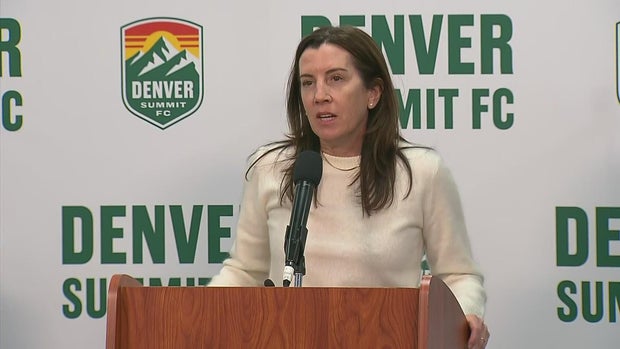

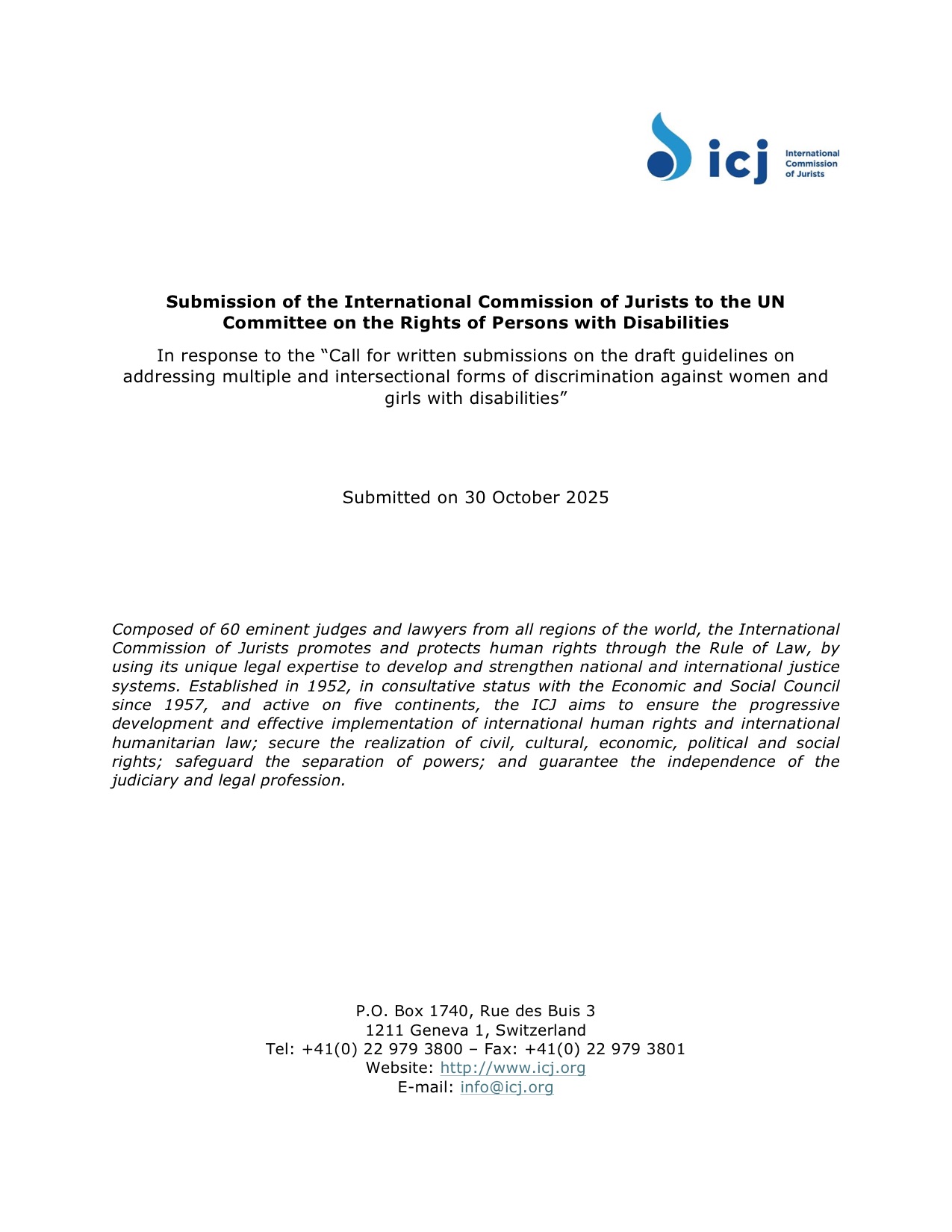





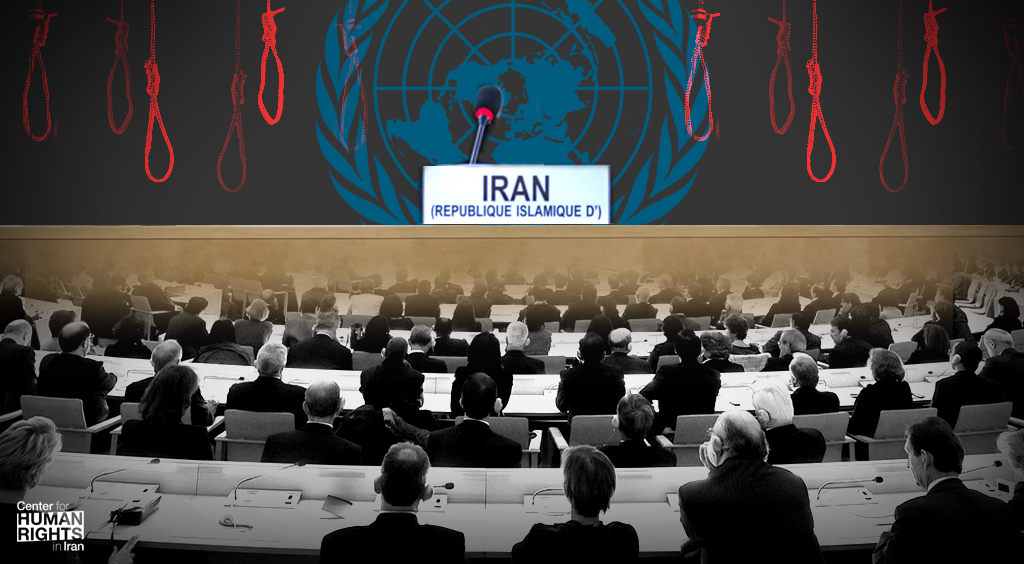
-1920w.png?#)






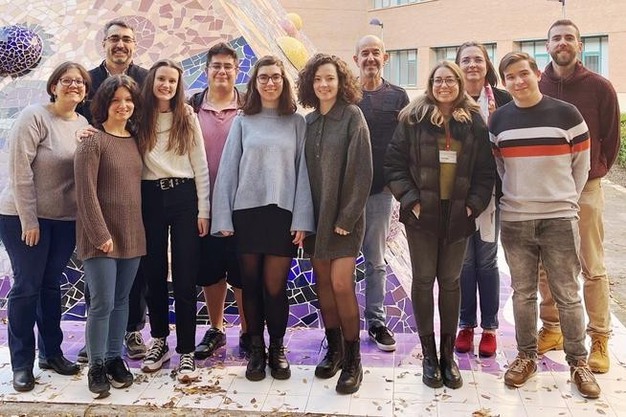
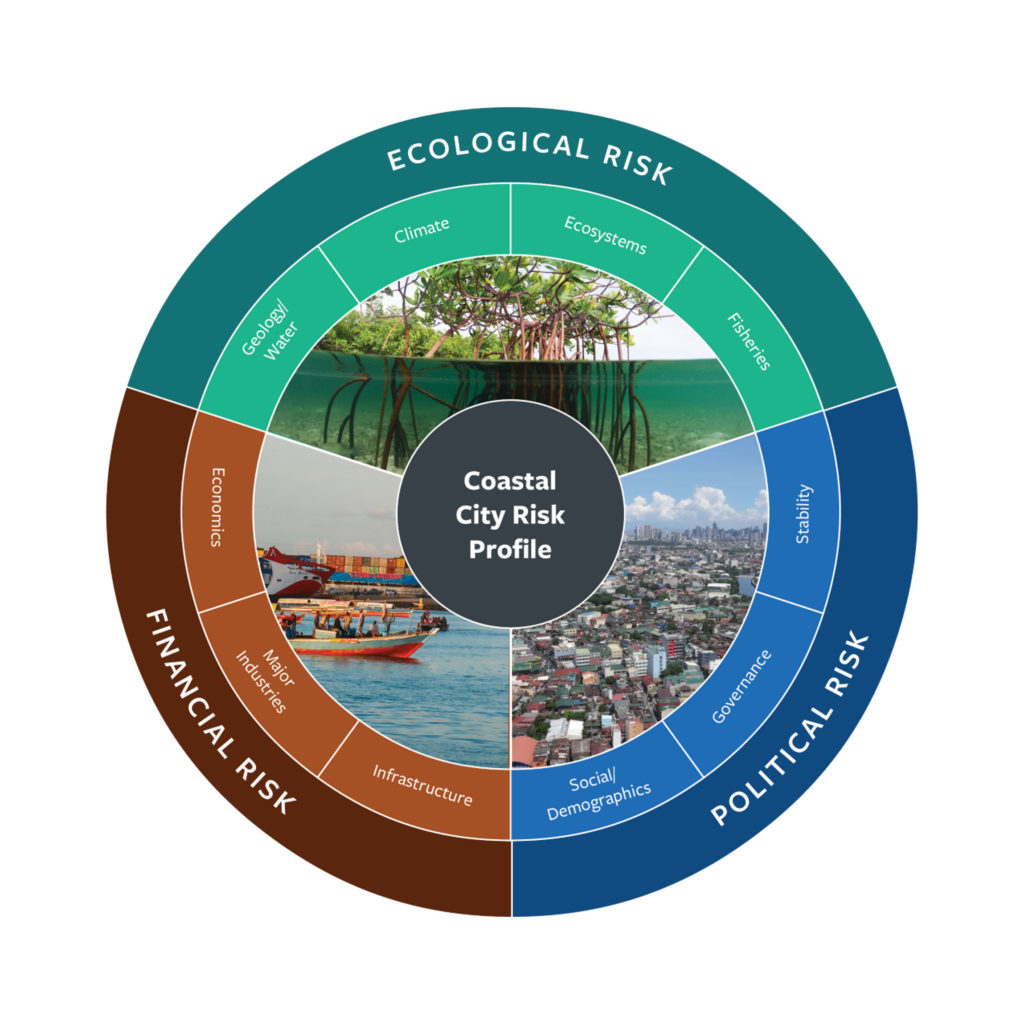





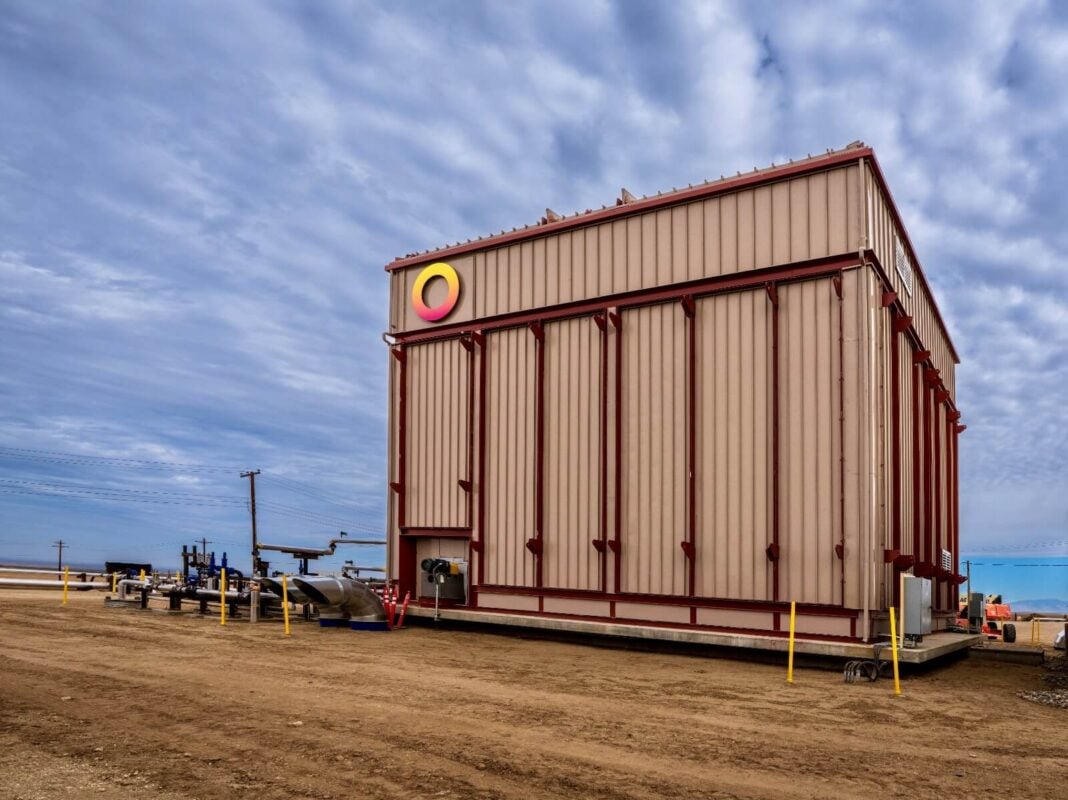
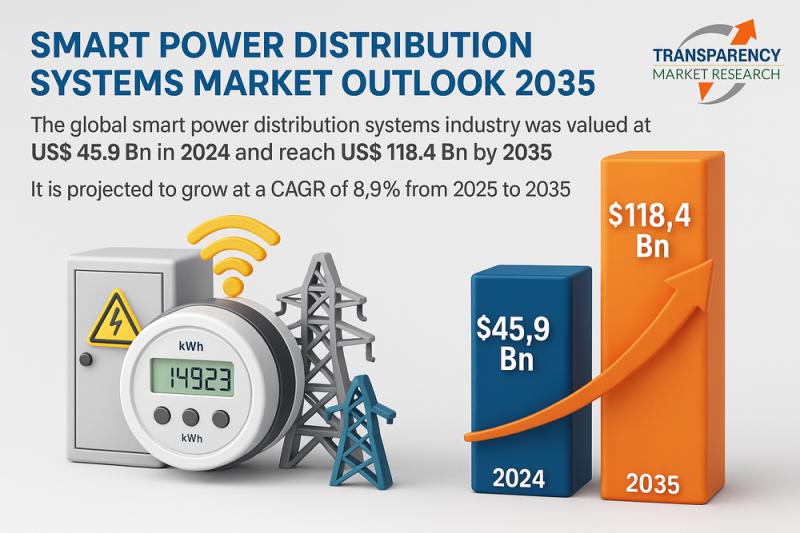
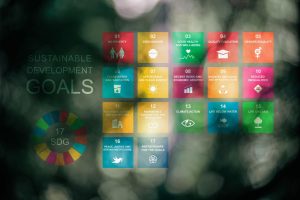






;Resize=805#)
